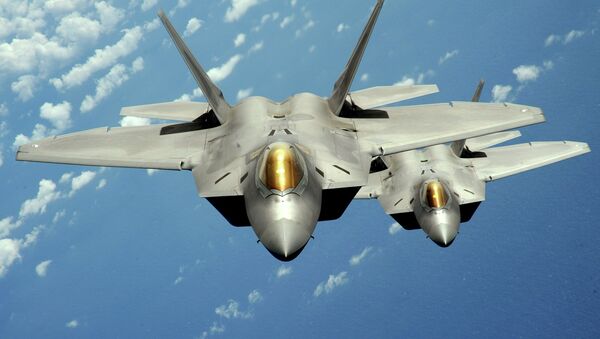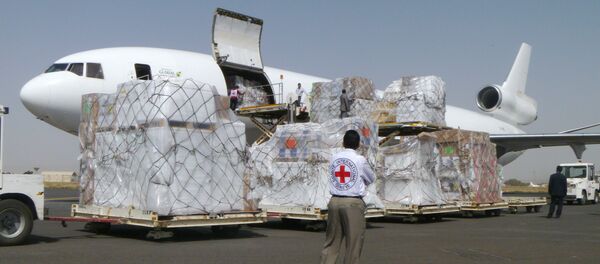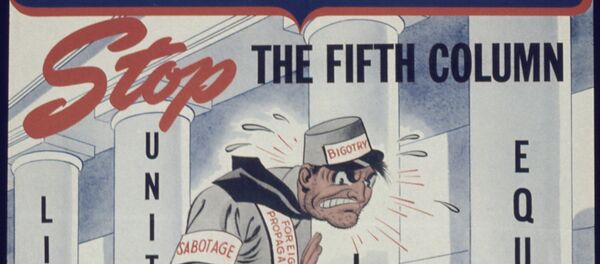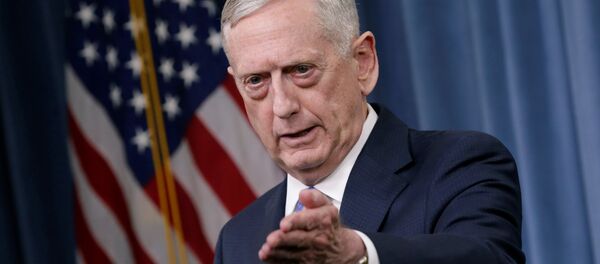US Secretary of Defense James Mattis is "shocked" by the US military's lack of readiness; speaking to the Russian newspaper Vzglyad, military analyst Vasily Kashin explained what had happened to the US Army under Barack Obama.
"I have been shocked by what I've seen with our readiness to fight. For all the heartache caused by the loss of our troops during these wars, no enemy in the field has done more to harm the readiness of our military than sequestration. It took us years to get into this situation. It will require years of stable budgets and increased funding to get out of it," Mattis said Monday in his written testimony to the House of Representatives Armed Services Committee.
"I need bipartisan support for this budget," the Secretary of Defense said, referring to Donald Trump's $639 billion request which envisages an increase in the Pentagon's "base budget" and overseas operations.
"For all the heartache caused by the loss of our troops during these wars, no enemy in the field has done more harm to the readiness of our military than sequestration," Mattis underscored.
Does it mean that Barack Obama left the Oval Office while the US Army was in tatters?
According to Kashin, Mattis' complaints have certain grounds.
Matthias's speech was intended to bring the issue into the spotlight, the military analyst noted.
"He did not lie, did not distort [information], but described it in a few expressive terms, to draw [the Committee's] attention to the essence of the problem," Kashin noted.
Kashin pointed out that when the US got bogged down in Iraq in the 2000s, they had to increase the number of ground forces. To tackle the problem Washington implemented budgeting programs which primarily affected US air and naval forces.
One of the most painful measures adopted by the White House, according to Kashin, was a dramatic reduction in the production of fifth generation F-22 fighters, which remain among the most formidable warplanes in the world.
After a partial withdrawal of US troops from Iraq and Afghanistan under Obama, it was expected that the US Air Force and US Navy would receive additional funding.
"But it's impossible to deal with the problem quickly," Kashin noted.
Meanwhile, the US Secretary of Defense signaled that he is considering beefing up the US military presence in Afghanistan.
"We are not winning in Afghanistan right now, and we will correct this as soon as possible," he said, commenting on the current stalemate in the region.
In addition, Secretary of Defense Mattis and Joint Chiefs Chairman Gen. Joseph Dunford envision further spending on the US missile defense shield, citing an "adversarial" relationship with Russia and the rise of "assertive" China.
"A return to great power competition, marked by a resurgent and more aggressive Russian Federation and a rising, more confident, and assertive China, places the international order under assault," Mattis said.
Do Russia and China really pose a threat to the US?
According to Kashin, US military forces are by no means weaker than those of Washington's geostrategic competitors. "This is the strongest army in the world," the analyst remarked.
The problem is that for decades the US Army had focused on counter-insurgency operations.
"They need to stop concentrating on the counterinsurgency war and prepare themselves… for a conventional war against a great power. It is hard to carry out these changes under the conditions of sequestration, budgetary constraints and the present political atmosphere," Kashin said.
At the same time, the Pentagon faces the problem of wear and tear to its equipment, most notably US fighter jets.
It is hardly surprising, given the fact that "America has been bombing foreign nations for 17 years," Kashin noted, "It was all done by the Air Force, and [predictably] they face problems of wear and repair of devices."
The US defense budget remains far greater than that of any other country in the world; it is nearly three times that of its nearest competitor, China, and nine times that of Russia, according to The Intercept.




